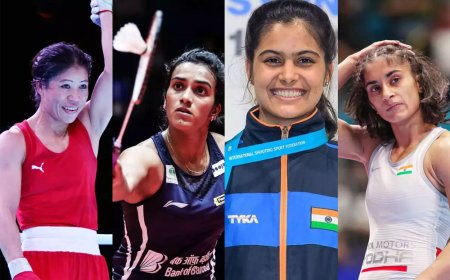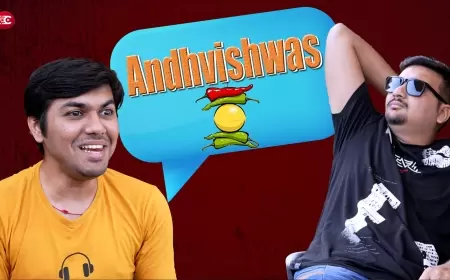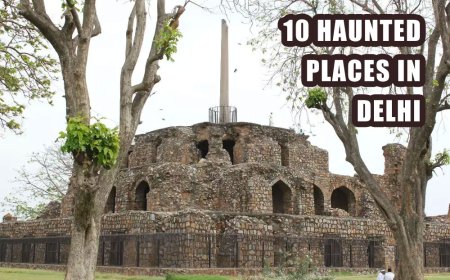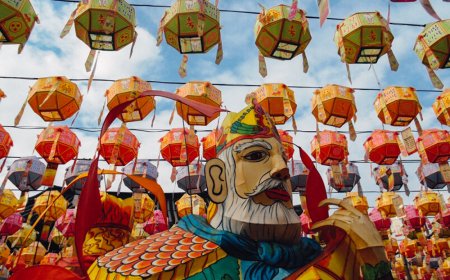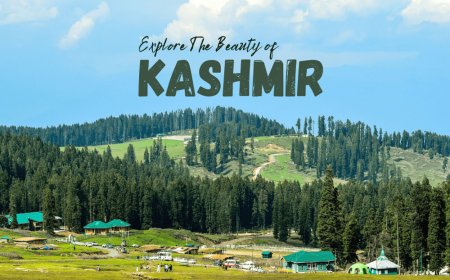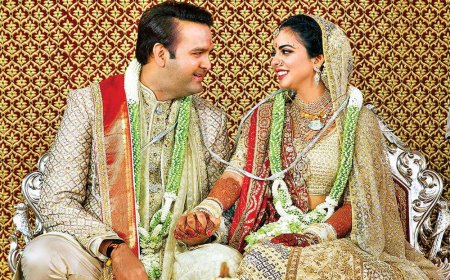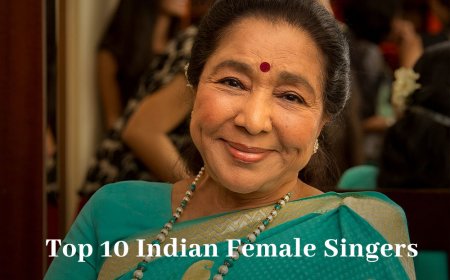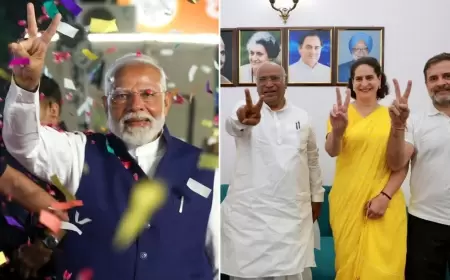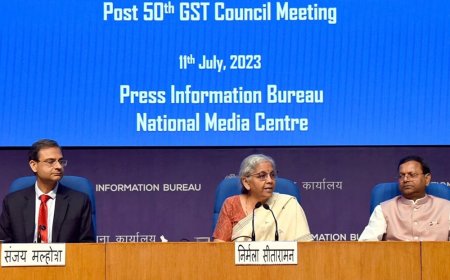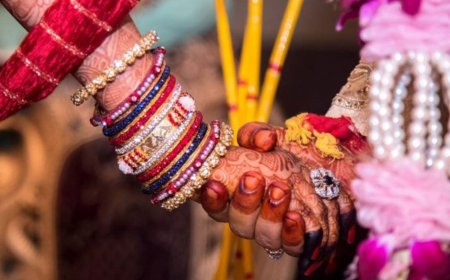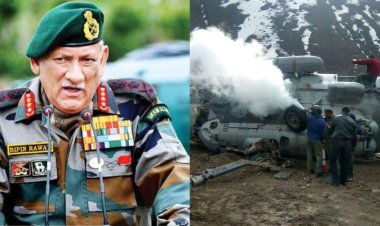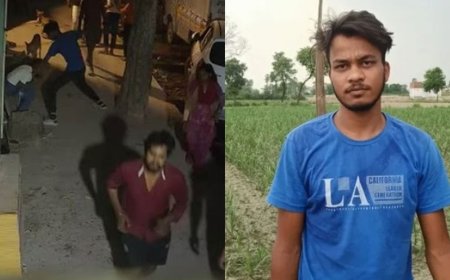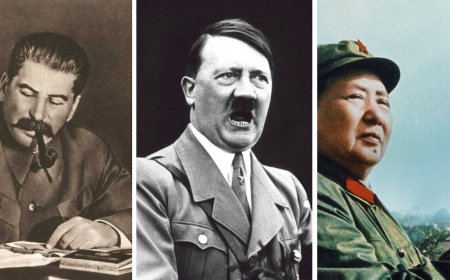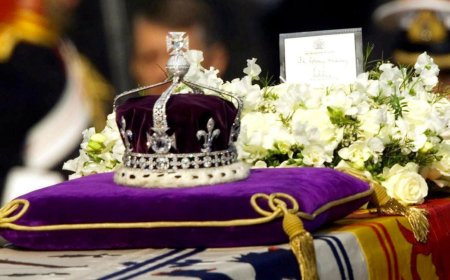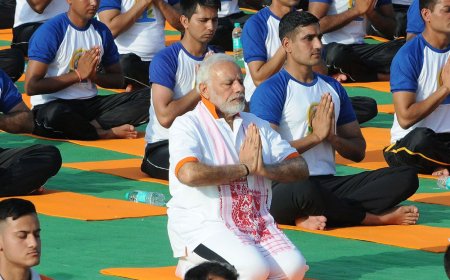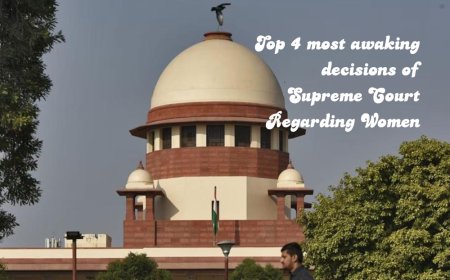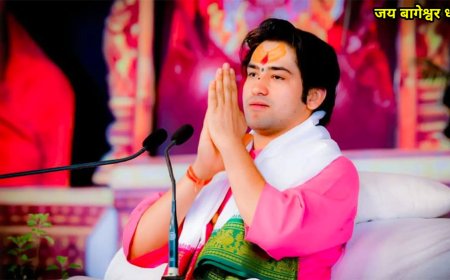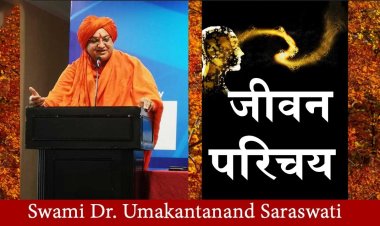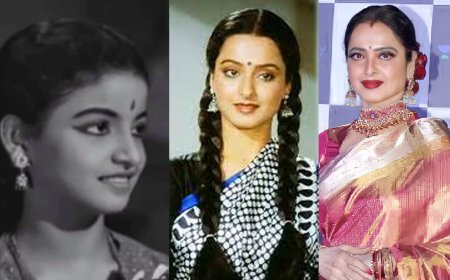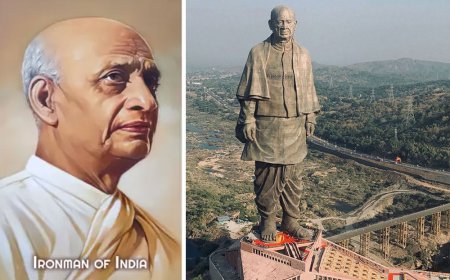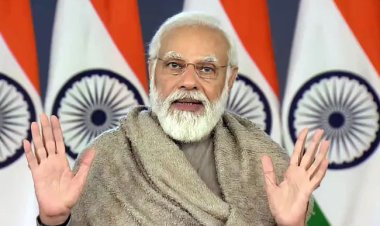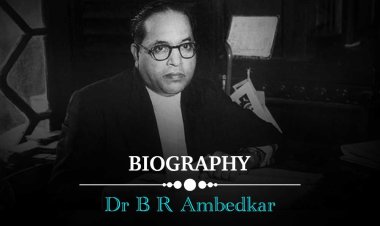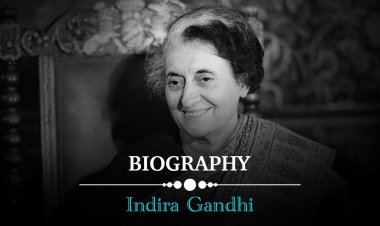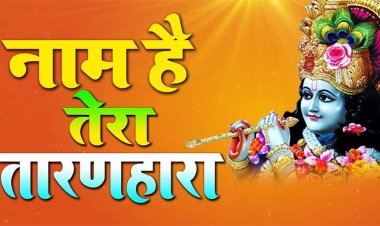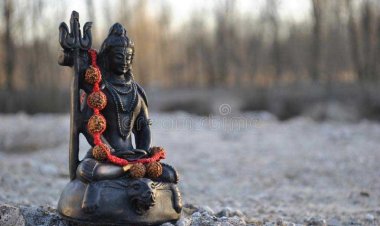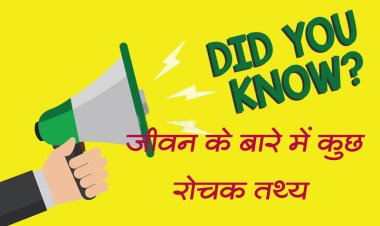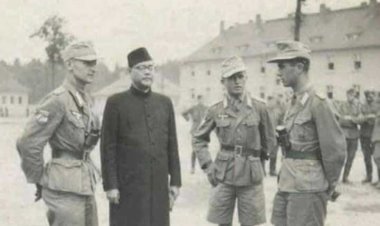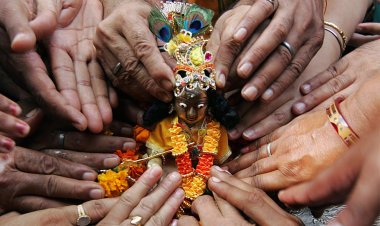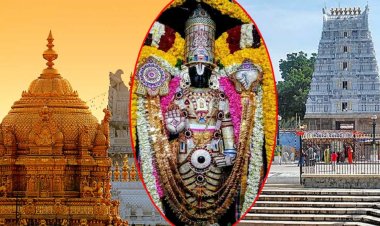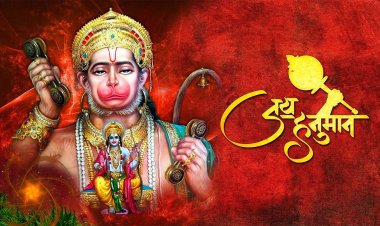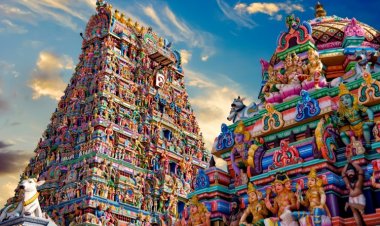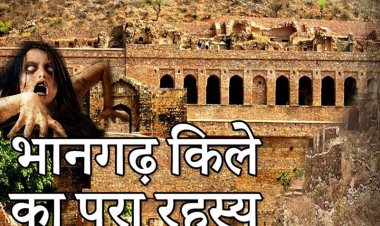A brief introduction to the life of Shivaji Maharaj:
Chhatrapati Shivaji Maharaj, popularly known as Shivaji or Shivaji Raje Bhosle, was born on February 19, 1630, in Pune's Shivneri Durg to Jijabai and Shahji Bhonsle. His father, Shahaji Raje Bhosale, had a position of authority in the Bijapur court.
Shivaji had military training at a young age. He established the Maratha Empire in Western India in 1674, and he later rose to prominence as one of India's greatest generals and strategists.

1. Shivaji preached secularism.
While Shivaji opposed caste-related disputes, he was not anti-religion. Shivaji welcomed all religions at a period when every other Indian kingdom was steadfastly adhering to its own.
While Shivaji Maharaj was tolerant of all religions, he never gave up his own religious convictions. He also assisted those who wanted to convert to Hinduism. Additionally, he wed off his own daughter to a Hindu convert.
2. Origin of Shivaji's name.
Shivaji's name was taken from a local divinity called Shivai rather than from Lord Shiva. His actions earned him the status of a deity.
3. The father of the Indian Navy.
Early on, Shivaji understood the value of naval might and established a strong navy. He thought it would aid him in warding off pirates as well as Dutch, Portuguese, and British invading forces. In addition to having four various types of warships, including Manjuhasm Pals, Gurabs, and Gallibats, Shivaji Maharaj constructed naval forts at Jaigarh, Vijaydurg, Sindhudurg, among other locations. He is credited with founding the Indian Navy.
4. Shivaji was a military strategist.
Being a skilled war strategist, Shivaji introduced raiding warfare techniques when, at a young age, he took control of the "Torna" fort and dealt the Sultan of Bijapur his first significant blow. By 1655, he had taken control of all the forts in the Konkan and the Western Ghats, including Rajgarh, Jawali, and Kondan.
5. Shivaji proposed assistance to Aurangzeb.
To help him capture Bijapur, Shivaji sought the assistance of Aurangzeb, but things went wrong when two of his officers entered the Mughal territory close to Ahmednagar. Bijapur was not thus captured.
6. Shivaji assembled the Maratha army.
Shivaji organized a Marathas army in which a large number of troops received annual pay. The Marathas had no army of their own before this. Each of the several units that made up the Maratha army had 25 troops. There was no distinction made in the appointment of Muslims and Hindus to the army. Shivaji increased a 2,000-man army to 10,000 warriors.
He never urged his troops to die a martyr's death only for the sake of dying; instead, he gave them time to reorganize. This enabled him to prevail in battles despite being outnumbered.
7. Shivaji fought for women's equality.
Shivaji was a steadfast advocate for women and their honor. He sternly ordered the soldiers not to injure any ladies while conducting raids and vehemently condemned violence or harassment against women. Women from the conquered lands were not mistreated or taken as prisoners under Shivaji's authority. Shivaji Maharaj imposed severe penalties on anybody who violated or harassed women.

8. Shivaji managed to flee the Panhala fort.
Shivaji was successful in fleeing the Panhala Fort's siege. When Siddi Johar's troops imprisoned Shivaji Maharaj in Panhala Fort, he came up with a strategy to escape. He set up two palanquins inside of which sat a barber who appeared to be Shivaji, and he requested him to escort Shivaji out of the fort. As a result, the soldiers pursued the phony palanquin, but Shivaji managed to elude 600 of them and escape from the Panhala fort.
9. Shivaji encouraged guerrilla war.
The Guerrilla war was promoted by Shivaji. He was known as a rat of the hills and was well-versed in the geology of his region, guerilla warfare, attacking enemy small groupings, etc. Shivaji, however, never conducted raids on local residents' houses or places of worship. He did not give his men their own horses or weapons because of this.
10. Shivaji first battled for India, then for his empire.
Shivaji used to fight first and foremost for India before his empire. His objectives were to create a free state and convince his troops to fight for India rather than any one ruler.



 Like
0
Like
0
 Dislike
0
Dislike
0
 Love
0
Love
0
 Funny
0
Funny
0
 Angry
0
Angry
0
 Sad
0
Sad
0
 Wow
0
Wow
0










